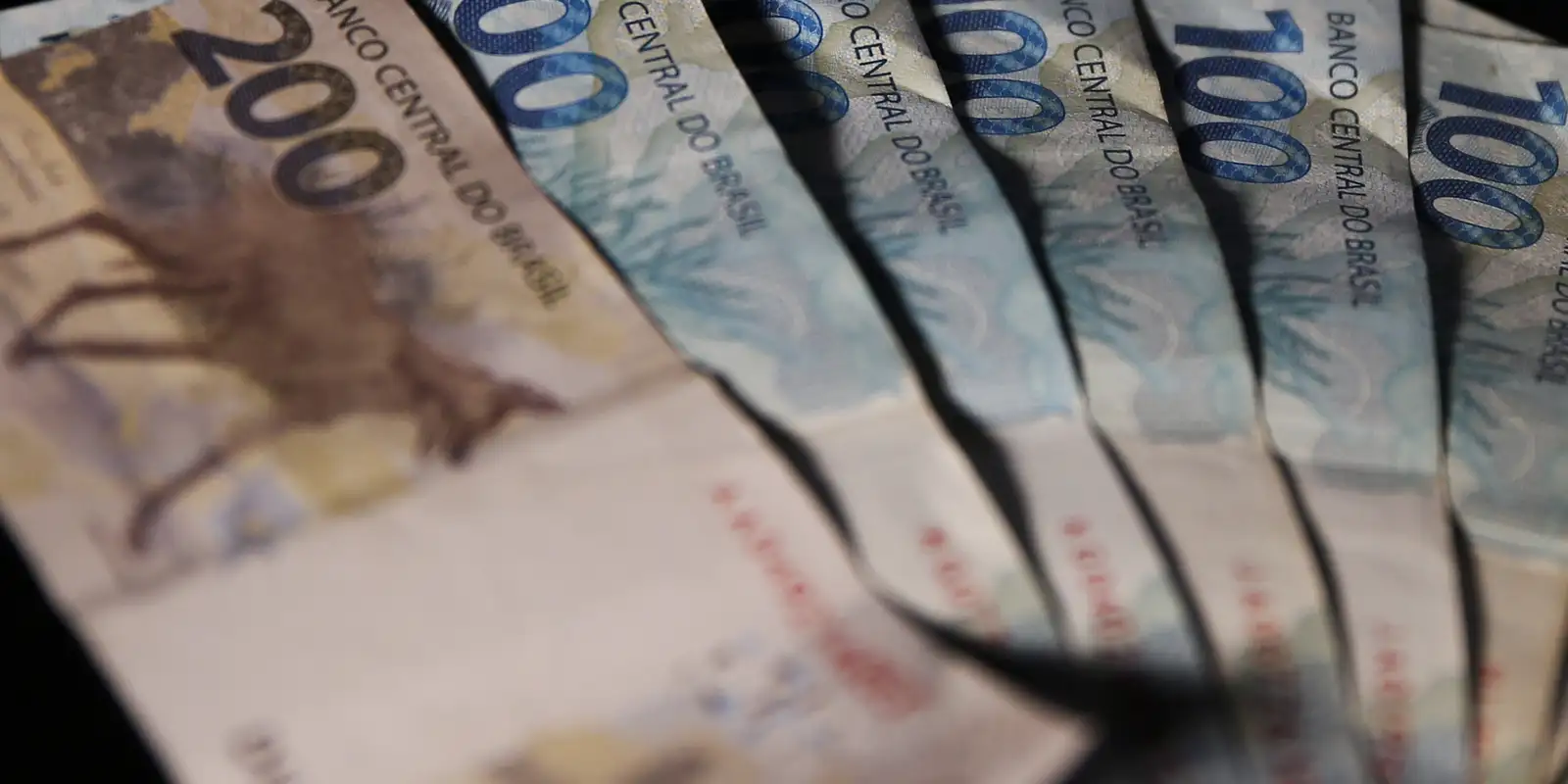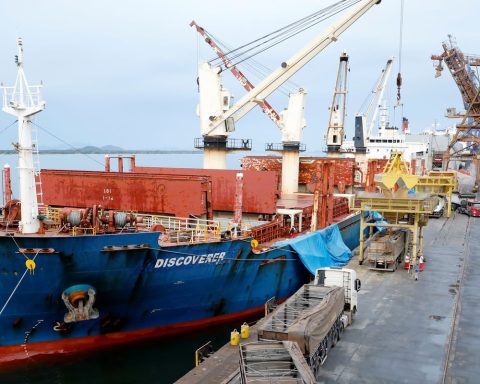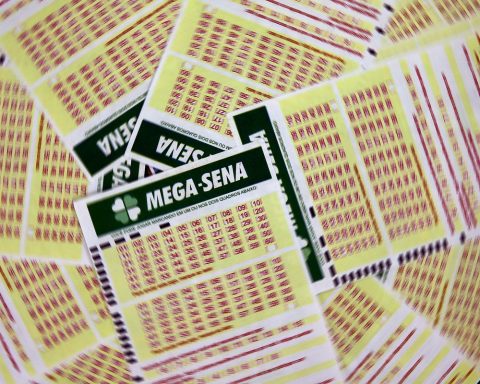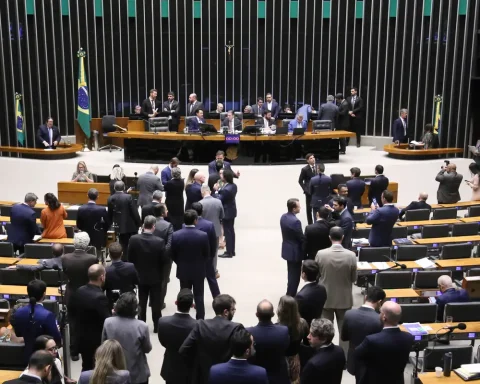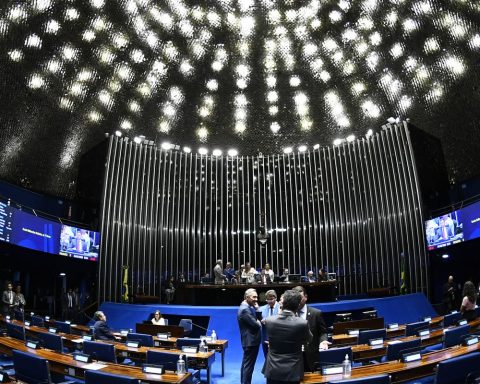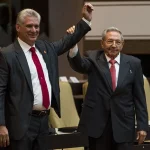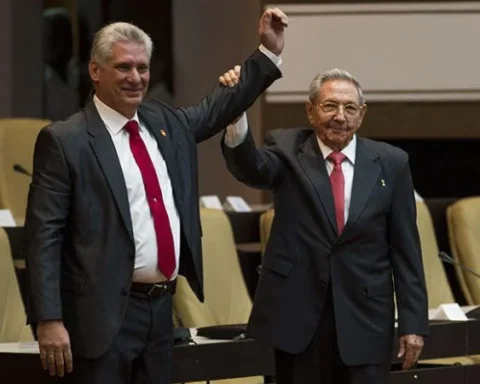From this Tuesday (15), the states and the Federal District can join the full payment program of the States Debt (Propag), which provides for interest and financing of state debt balance within 30 years. In return, states that join will contribute funds to the Federative Equalization Fund (FEF), which will distribute money even to those who have no debts with the Union, for investment in education, public safety, sanitation, housing, transportation and other areas.
Administered by Banco do Brasil, FEF will have 20% of the resources shared according to the inverse of state debt (who should receive the least), with the remaining 80% distributed according to the criteria of the State Participation Fund (FPE), used to share the resources of income tax and tax on industrialized products.
According to Ceron, there are still no estimates of how much FEF will raise because the amount will depend on how many units of the Federation adhere to propag. The idea is that the low indebted states and good payers will be rewarded with more investments in education, safety and infrastructure.
Propag also allows states to amortize up to 20% of the outstanding balance by offering assets to the Union, such as local state companies, oil royalties, real estate, credits receivables and state or district active debt, among others. In return, states will have less counterpart in direct investments and may reduce FEF contributions.
Sanctioned at the beginning of the year, the Propag It was regulated nude. At the time, President Luiz Inacio Lula da Silva vetoed points that would impact the primary result (result of government accounts without interest on public debt).
Investment
At a news conference on Monday (14), the secretary of the National Treasury, Rogério Ceron, said that Propag will allow the states expand the investment in about R $ 20 billion per year (in current values). As in the case of the Union, these investments should not impact the primary outcome of the states.
From the program rules, Ceron explained, in exchange for the value that states can invest more, the credit limits will be reduced that state governments can borrow in the financial system. Thus, the final impact of the program on state coffers will be neutralized.
Every year, the National Monetary Council (CMN) stipulates the credit limit that states and municipalities can borrow. The reduction of credit limits needs to be approved by the Board.
Union accounts
The Union, said Ceron, will no longer receive from R $ 20 billion to R $ 25 billion per year (in current amounts) in interest on state debt. The secretary, however, clarified that the impact on federal coffers will not affect the primary outcome, result of government accounts without public debt interest and used to investigate the fulfillment of fiscal goals.
According to Ceron, the money that the federal government does not receive will affect financial operations that impact net public debt (difference between what the Union must and has to receive), without being accounted for in the primary result of the Union.
Only in some cases, where states offer the Union to participate in local state actions to amortize debt, there will be a residual impact on the primary result. This is because the federal government will inherit profits and losses of these companies, increasing or reducing the deficit.
In January, the Treasury had informed that Propag would increase federal public debt up to R $ 105.9 billion from 2025 to 2029 in the worst scenario, where states do not offer assets to the Union and do not repay debts. In the best scenario, the Union will raise up to R $ 5.5 billion in the same period, if states transfer R $ 160 billion in assets to the Union and amortize the debt in the first five years.
Veto
Despite the dissatisfaction of several governors, who have pressured the state benches to vote for the overthrow of the vetoes to the Propag Complementary Law, Ceron said the economic team does not work with this possibility. According to him, the bill was widely negotiated between the Union and the Ministry of Finance.
The governors of Rio de Janeiro, Minas Gerais and Rio Grande do Sul have already made demonstrations favorable to the overthrow of the vetoes. One of the most controversial points is the removal of the possibility that states use resources from the future National Regional Development Fund (FNDR) to deduct debts with the Union. Created by the tax reform, the FNDR will combat regional inequalities.
